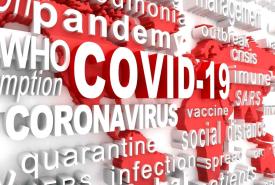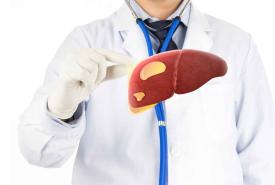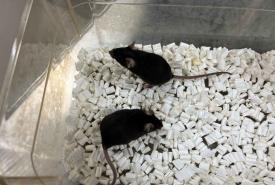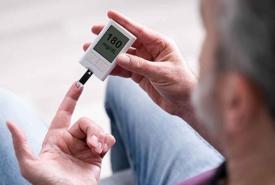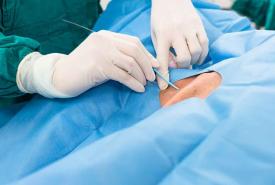Scientists detect dementia signs as early as nine years ahead of diagnosis
Cambridge scientists have shown that it may be possible to spot signs of brain impairment in patients as early as nine years before they receive a diagnosis for one of a number of dementia-related diseases.
In research published today in Alzheimer's & Dementia: The Journal of the Alzheimer's Association, the team analysed data from the UK Biobank and found impairment in several areas, such as problem solving and number recall, across a range of conditions.




